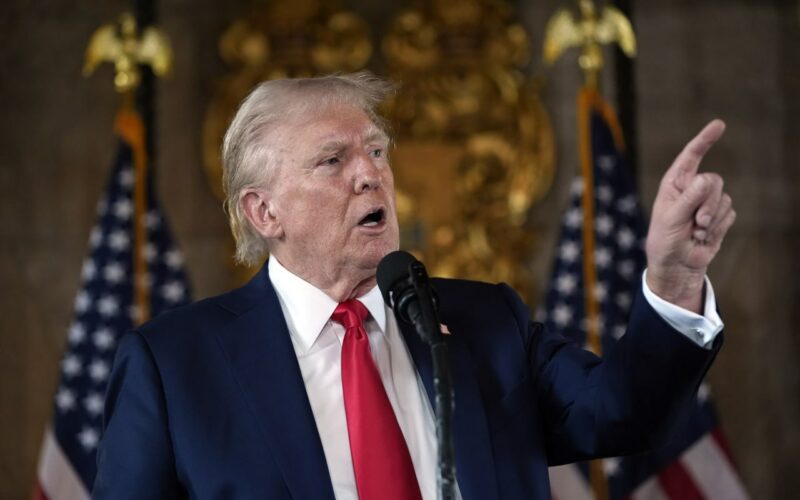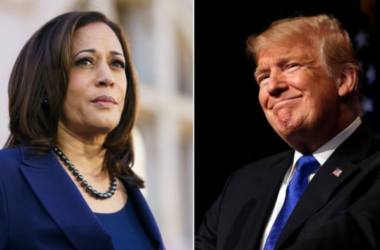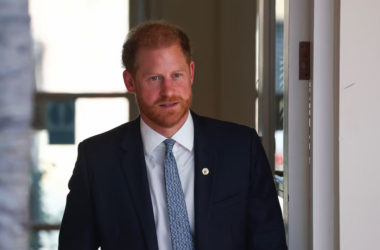In a recent statement, former President Donald Trump reiterated his belief that the President of the United States should have more influence over the Federal Reserve’s monetary policy decisions. Trump’s assertion marks his clearest stance yet on the issue, setting the stage for what could be a significant shift in how the central bank operates should he win re-election.
Trump has long been critical of the Federal Reserve’s independence, especially under the leadership of Chair Jay Powell, whom he once labeled a “bigger enemy” than Chinese President Xi Jinping. His frustration stems from the Fed’s decisions to maintain higher interest rates during his presidency, which he argued stifled economic growth and placed unnecessary burdens on American businesses and consumers.
At a recent news conference at Mar-a-Lago, Trump expressed his desire for the President to have a “say” in the Fed’s decisions, particularly regarding interest rates. He criticized the current system, suggesting that the Fed’s decisions are often based on “gut feeling” rather than sound economic judgment. Trump’s comments reflect his long-standing preference for low interest rates and a weaker dollar, which he believes would stimulate economic growth and benefit American exporters.
“I think I have a better instinct than, in many cases, people that would be on the Federal Reserve, or the chairman,” Trump said, highlighting his business acumen and success as a justification for his proposed increased role in monetary policy.
The notion of altering the Fed’s independence has sparked debate among economists and investors. While the S&P 500 continued to rally despite Trump’s comments, concerns remain about the potential implications for the Treasury market and overall financial stability. Some experts, like BlackRock’s global chief investment manager Wei Li, have warned that any questions about the Fed’s independence could unsettle investors and impact market confidence.
Critics argue that the Fed’s independence is crucial for maintaining stable and predictable economic policy, free from political influence. They point to the central bank’s role in regulating the nation’s banks, setting interest rates, and acting as the lender of last resort during financial crises. Any perceived erosion of this independence could have far-reaching consequences for the global economy.
However, Trump is not the first president to seek more control over the Fed. Historical precedents include Richard Nixon and Ronald Reagan, who both attempted to influence their Fed chiefs. Trump’s stance is a continuation of this long-standing debate, but with his own unique approach grounded in his belief that his instincts as a successful businessman could bring about better economic outcomes.
As the 2024 election approaches, Trump’s views on the Federal Reserve are likely to become a focal point of his economic platform. Whether or not he can legally or practically achieve his vision remains to be seen, but one thing is clear: Trump’s willingness to challenge the status quo could lead to significant changes in how the Fed operates, with potential implications for both the U.S. and global economies.








